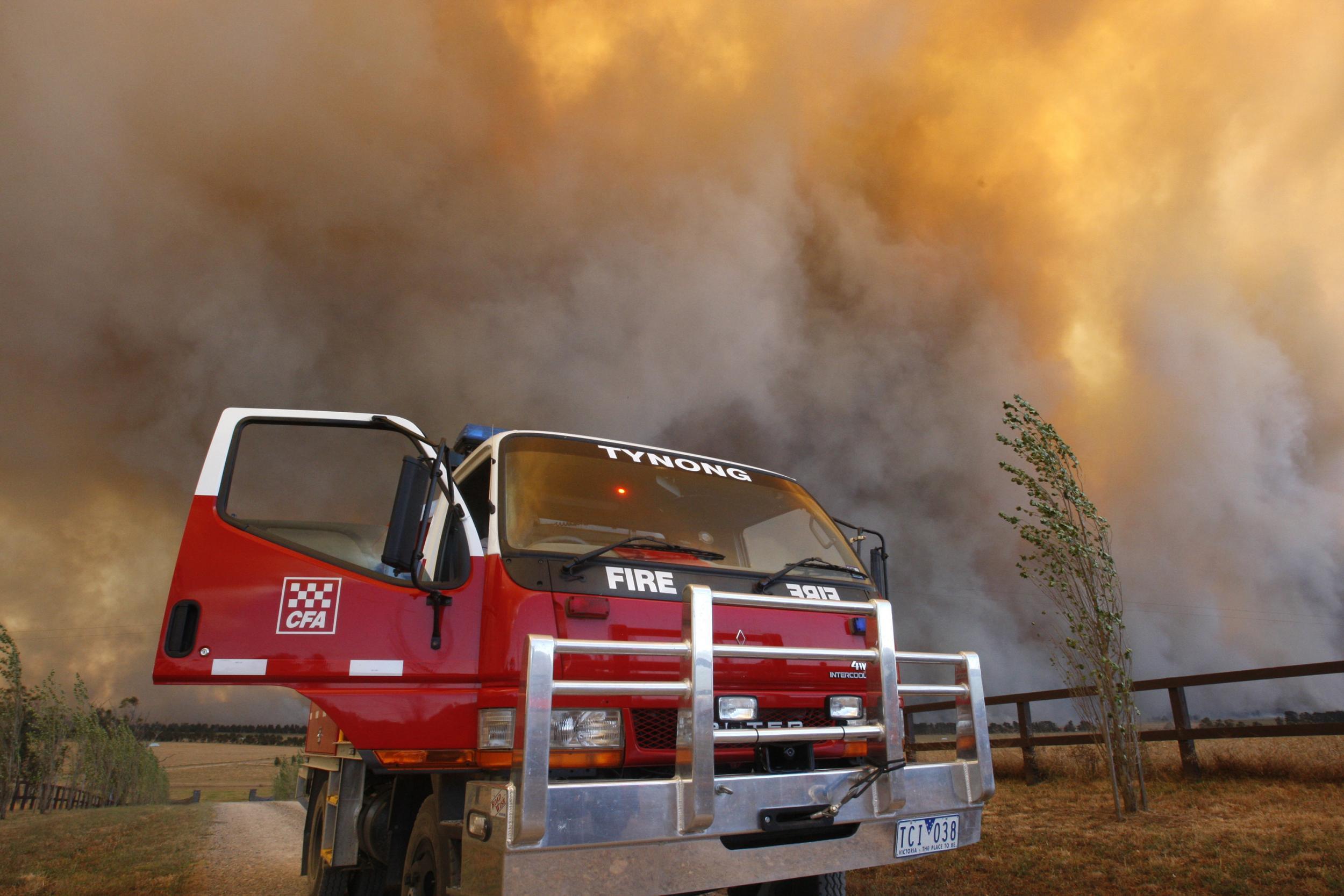Global warming is creating a wildfire 'death spiral' in alpine areas, say climate change scientists
'Landscape flammability, and thus fire, are likely to increase as a result of warming effects'

Your support helps us to tell the story
From reproductive rights to climate change to Big Tech, The Independent is on the ground when the story is developing. Whether it's investigating the financials of Elon Musk's pro-Trump PAC or producing our latest documentary, 'The A Word', which shines a light on the American women fighting for reproductive rights, we know how important it is to parse out the facts from the messaging.
At such a critical moment in US history, we need reporters on the ground. Your donation allows us to keep sending journalists to speak to both sides of the story.
The Independent is trusted by Americans across the entire political spectrum. And unlike many other quality news outlets, we choose not to lock Americans out of our reporting and analysis with paywalls. We believe quality journalism should be available to everyone, paid for by those who can afford it.
Your support makes all the difference.Global warming is creating a vicious feedback loop that could increase the number of wildfires in alpine areas, scientists have warned.
After fire sweeps through an area, it can effectively clears the land and the researchers found the first species to recolonise it were woody shrubs. A wildfire was found to increase the rate of new shrub seedlings by up to 33 times in a study of the Australian Alps.
Unfortunately such plants are much more flammable than tussock grass and other types of plants found in similar environments.
Writing in the journal Global Change Biology the scientists said: “In alpine and tundra environments, temperatures, shrub cover and the frequency and severity of fire have all increased in the last few decades. These changes mean that the warming-shrub-fire feedback identified here is likely to have already strengthened.
“If this is the case, other non-woody communities will become shrubbier and more flammable, the effects of which, will have significant consequences for carbon sequestration [such as attempts to absorb carbon from the atmosphere by growing trees or plants], water supply and biodiversity.”
Among the more alarming findings made by scientists in recent years has been the numbers of positive feedback loops in which increasing temperatures cause an effect that causes the mercury to rise even higher.
For example, the melting of ice to reveal darker land or water means more of the sun’s energy is absorbed as heat. Melting ice is also releasing trapped greenhouse gases like methane from the Arctic tundra.
The researchers, from the universities of Melbourne, Charles Darwin and La Trobe, all in Australia, said global warming was already having a dramatic effect on growth rates for shrubs.
This “greening” effect, as it has been dubbed, has been seized on by climate science deniers, sceptics and “lukewarmists” as evidence of the benefits of any global warming.
However the researchers’ findings suggested this might be a problem because it would provide more fuel for wildfires to burn.
“Our findings indicate that for tall shrubs, a one degree Celsius increase in mean growing season temperature will result in a doubling of growth rates and a potential increase in survival,” they wrote.
“The consequence of these demographic effects will likely manifest as shrub thickening within and at shrub community boundaries. This in turn, will facilitate shrub establishment, via increased seed pools, into non-shrubby communities.
“Landscape flammability, and thus fire, are also likely to increase as a result of warming effects on shrub seedling vital rates.”
So while more carbon will be absorbed by the extra plant material, more will be released back into the atmosphere by the increasing number of wildfires.
In 2009, wildfires killed more than 200 people as they swept through alpine areas of Victoria state in Australia. The forests of the west coast of the US, particularly in upland areas, have also been devastated by fires.
Wildfires do occur naturally, but a study in October found global warming had doubled the amount of forest lost in this way in the US West.
Join our commenting forum
Join thought-provoking conversations, follow other Independent readers and see their replies
Comments